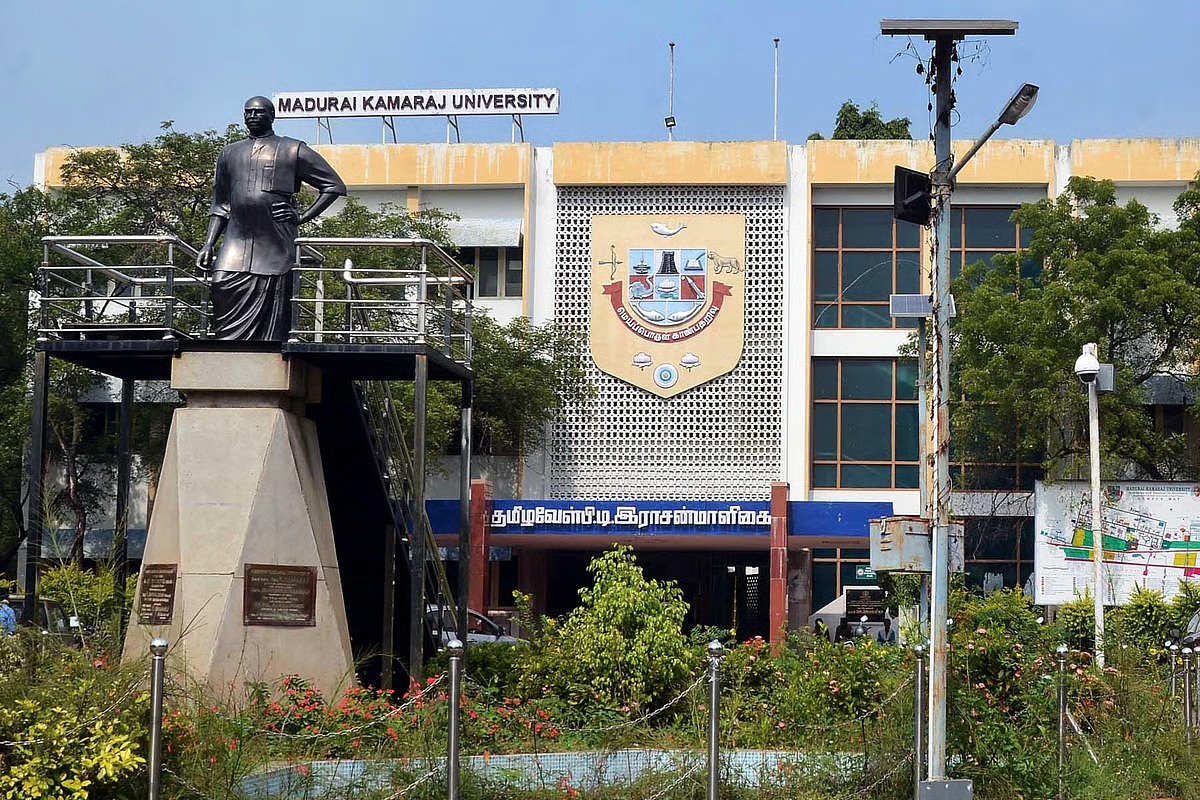L.N. Mittal, J.
CM No. 24161 C-1I OF 2010
Allowed as prayed for.
C.R. No. 6099 of 2010
1. Ram Singh, Defendant has invoked jurisdiction of this Court under Article 227 of the Constitution of India to challenge order dated 11.6.2010 Annexure P-5 passed by earned Additional Civil Judge (Sr. Division), Patiala, thereby dismissing application Annexure P-3 moved by Defendant''s wife Surjit Kaur for appointing her as next friend guardian) of the Defendant for filing written statement and for conducting the suit on behalf of the Defendant.
2. Defendant''s wife alleged in the application that Defendant is incapacitated and unable to understand or to communicate with his counsel on account of deafness and illiteracy. Any communication with Defendant is possible through his wife, who can make he Defendant to understand the question put to him by gestures.
3. Plaintiff-Respondent opposed the aforesaid application by filing reply Annexure P-4
4. Learned Trial Court vide impugned order Annexure P-5 dismissed the application Annexure P-3 moved by Defendant''s wife, but at the same time, directed that the defen-lant can take assistance of his wife as and when required during trial of the case. Feeing aggrieved, Defendant has filed the instant revision petition.
5. I have heard learned Counsel for the Petitioner and perused the case file.
6. Learned Counsel for the Petitioner relying on judgment of Delhi High Court in Jai Parkash Goel v. State AIR 2005 (Del) 83 contended that Defendant-Petitioner is mentally incapacitated on account of 100% deafness as depicted by disability certificate at Annexure P-6 and, therefore, Defendant should be sued through his wife as his next friend/guardian. It was contended that according to disability certificate Annexure P-6, Defendant has 100% permanent hearing loss. Relying on judgment of Kerala High Court in
7. I have carefully considered aforesaid contentions but find the same to be devoid of substance. In the case of Jai Parkash Goel (supra), Petitioner was proved by medical evidence to be slow in understanding and afflicted with mild mental retardation. Certificate issued by Medical Board depicted that Petitioner had abnormally low IQ. In these circumstances, it was held that Petitioner in that case was unable to protect his interest. In the instant case, however, disability certificate Annexure P-6 does not even remotely refer to abnormal or low IQ of the Defendant-Petitioner. The certificate simply speaks of deafness of the Petitioner. Consequently this certificate by itself would not depict that the Petitioner is incapable of protecting his interest in the suit on account of mental incapability. On the contrary, adverse inference would arise against the Defendant-Petitioner for not obtaining medical certificate regarding mental incapability of the Defendant. It may be added that none of the Doctors who issued the aforesaid certificate was examined as witnesses so as to afford opportunity to the Plaintiff-Respondent to find out if on account of hearing loss as mentioned in the certificate, the Petitioner is unable to protect his own interest. As regards the case of Raveendran v. Sobhana (supra), it does not lay down that deafness or dumbness is always disability of a kind so as to attract the provision of Order 32 Rule 15 of Code of Civil Procedure. On the other hand, according to this judgment, the Court has to find out, whether a person suffering from physical defect like deafness or dumbness is incapable of communicating with others or is incapable of protecting his interest. In the case in hand, there is nothing on record to depict that the Petitioner on account of deafness is unable to communicate with others or is incapable of protecting his interest.
8. In the aforesaid context, it is to be noticed that the instant revision petition has been filed by the Defendant Petitioner himself by engaging counsel and not through the wife of the Defendant-Petitioner, who had moved application Annexure P-3 in the Trial Court.
9. Defendant''s wife, while appearing in the witness box, admitted that the Defendant is working as Lambardar of the village for the last 20 years. It would also depict that the Defendant is not mentally infirm nor it can be said that he is incapable of protecting his interest in the suit. A person who is working as Lambardar of a village for 20 years cannot be said to be of unsound mind or being incapable, on account of mental infirmity of protecting his own interest in the suit. It may also be added that admittedly the Defendant himself sold his land vide two sale deeds. It would also depict that the Defendant is not suffering from any mental infirmity and is capable of protecting his own interest.
10. For the reasons aforesaid, I find no illegalilty or jurisdictional error in the impugned order of the trial court so as to warrant intereference in exercise of revisional jurisdiction. On the contrary, interest of the Defendant-Petitioner has also been taken care of and properly protected by the Trial Court by permitting the Defendant to take assistance of his wife as and when required during trial of the case. The revision petition is thus found to be without any merit and is accordingly dismissed in limine.

